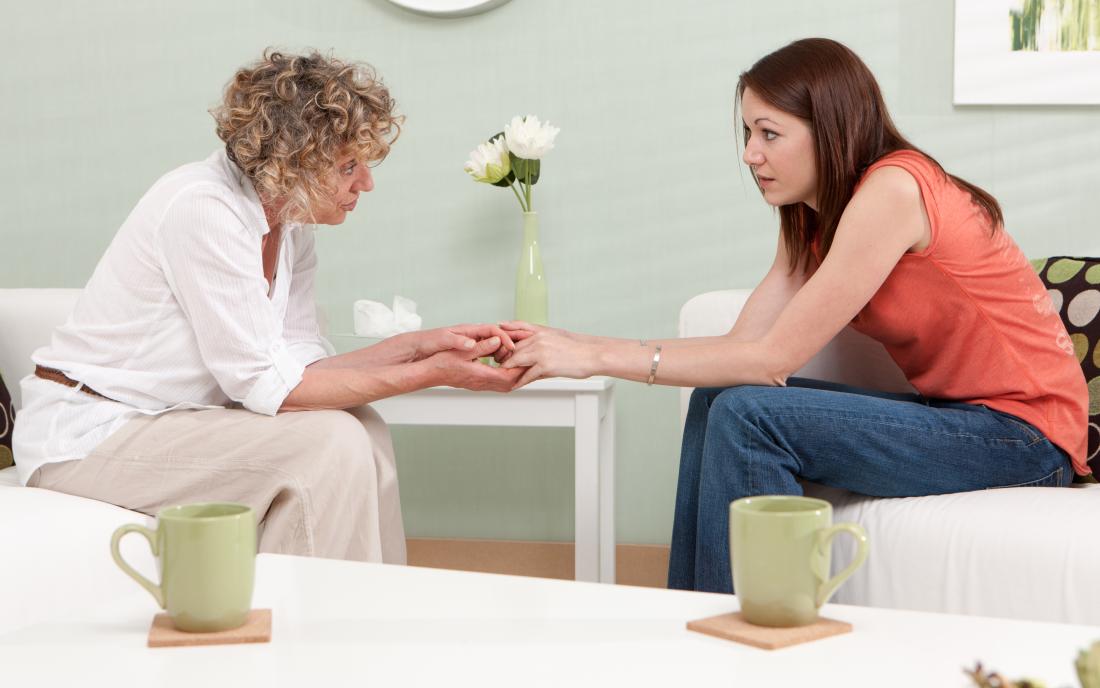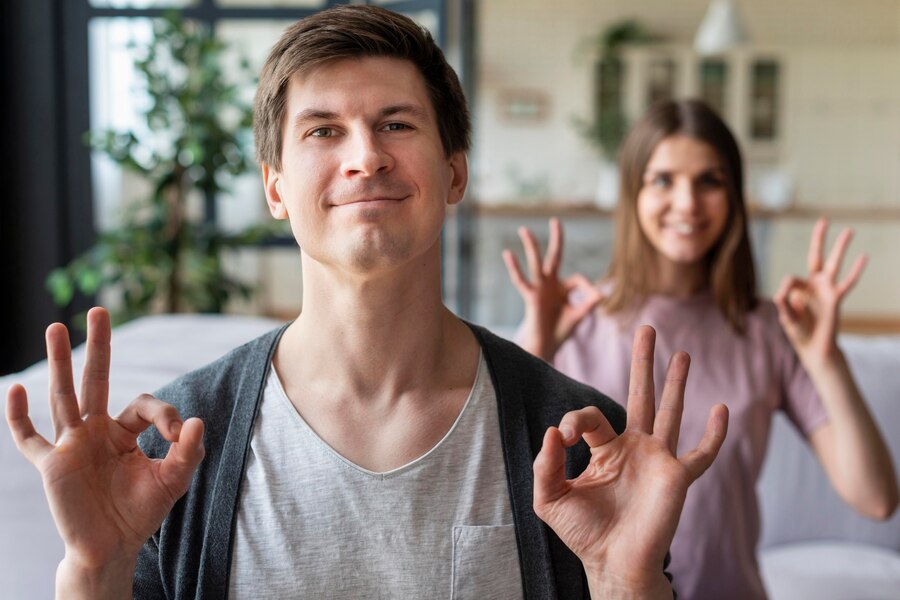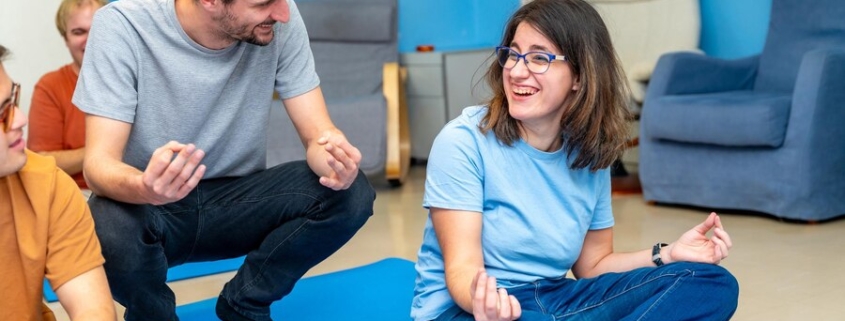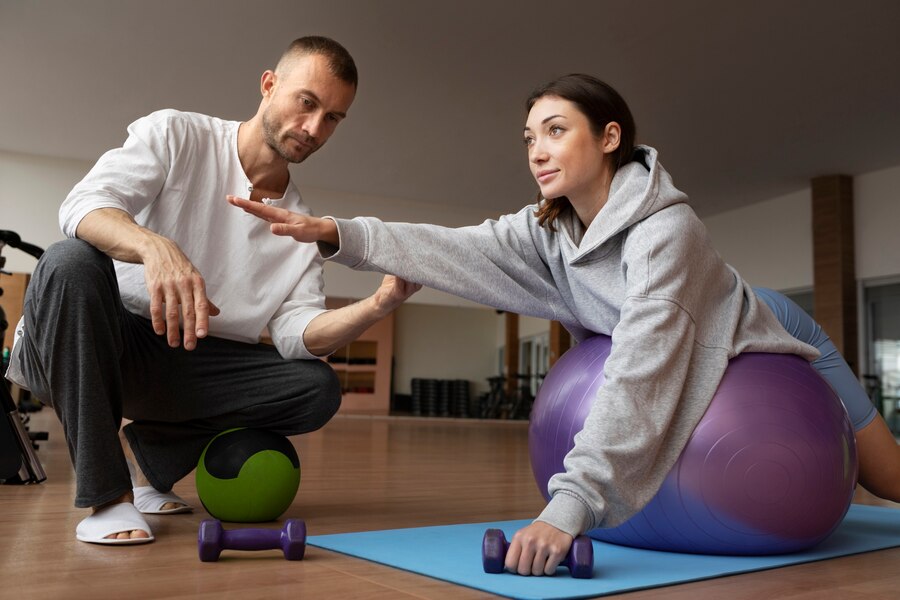In the heart of Orange County, Couples Rehab stands as a beacon of hope for couples seeking a healthier, more harmonious relationship while navigating the challenges of addiction recovery. With a unique approach that blends evidence-based practices and holistic therapies, Couples Rehab offers a transformative experience for couples looking to heal together. But what exactly makes holistic therapies such a powerful component of couples rehab?
In this comprehensive guide, we’ll explore the benefits of holistic therapies in couples rehab, why they are essential for a successful recovery, and how Couples Rehab in Orange County integrates these practices to foster lasting change.
Understanding Holistic Therapies in Couples Rehab
Holistic therapies focus on treating the whole person—mind, body, and spirit—rather than just addressing the symptoms of addiction. These therapies aim to restore balance and harmony, promoting overall well-being while complementing traditional approaches like counseling and medication-assisted treatment.
At Couples Rehab, holistic therapies are seamlessly integrated into customized treatment plans, ensuring that each couple receives personalized care tailored to their unique needs. This approach is particularly effective for couples, as it allows them to rebuild their relationship on a foundation of mutual understanding, trust, and health.
The Key Benefits of Holistic Therapies in Couples Rehab
1. Strengthening Emotional Bonds
Addiction can take a toll on even the strongest relationships, leading to communication breakdowns, trust issues, and emotional disconnection. Holistic therapies like mindfulness meditation and yoga help couples reconnect emotionally by fostering presence, empathy, and mutual understanding.
At Couples Rehab in Orange County, mindfulness practices are designed to improve emotional regulation, reduce stress, and enhance communication between partners. When couples engage in these activities together, they often discover new ways to support and uplift one another.
2. Reducing Stress and Anxiety
Recovering from addiction is inherently stressful, especially when navigating it as a couple. Stress and anxiety can be significant barriers to recovery, but holistic therapies provide effective tools for managing these challenges.
Techniques like deep breathing exercises, acupuncture, and aromatherapy—offered at Couples Rehab—help alleviate stress while promoting relaxation. When couples learn to manage stress together, they’re better equipped to face the ups and downs of recovery without resorting to unhealthy coping mechanisms.
3. Improving Physical Health
Substance abuse often takes a physical toll, weakening the body and diminishing overall health. Holistic therapies such as nutrition counseling, massage therapy, and physical fitness programs focus on restoring physical vitality, which is crucial for a successful recovery.
Couples Rehab incorporates these therapies to help couples rebuild their physical health together, whether through shared meal planning, fitness activities, or relaxation sessions. This shared journey toward physical wellness strengthens their bond while promoting healthier habits.
4. Encouraging Spiritual Growth
Addiction recovery is not just about abstaining from substances—it’s also about finding purpose and meaning in life. Holistic therapies often include practices like meditation, art therapy, and nature-based activities, which can help couples reconnect with their values and explore their spiritual growth.
For couples who find meaning in shared spiritual experiences, these therapies can serve as a cornerstone for a deeper, more fulfilling relationship. Couples Rehab in Orange County offers serene environments and expert guidance to facilitate this aspect of recovery.
5. Enhancing Communication Skills
Effective communication is the backbone of any successful relationship, yet addiction often erodes this critical skill. Holistic approaches such as equine therapy and music therapy encourage non-verbal forms of communication, helping couples express themselves in new and meaningful ways.
At Couples Rehab, these innovative therapies are carefully chosen to suit each couple’s dynamic, fostering improved understanding and connection.
How Couples Rehab in Orange County Implements Holistic Therapies
Couples Rehab takes a client-centered approach, blending holistic therapies with traditional evidence-based treatments like cognitive-behavioral therapy (CBT) and group counseling. Here’s a closer look at how these therapies are integrated into their programs:
Individualized Treatment Plans
Each couple begins their journey at Couples Rehab with a comprehensive assessment to identify their unique needs, goals, and challenges. This ensures that the holistic therapies incorporated into their treatment plan are both relevant and effective.
Expert-Led Sessions
Holistic therapies at Couples Rehab are led by trained professionals with extensive experience in addiction recovery and relationship counseling. Whether it’s a yoga instructor guiding couples through restorative poses or a nutritionist creating personalized meal plans, clients can trust they’re in capable hands.
A Healing Environment
Located in the tranquil setting of Orange County, Couples Rehab provides an ideal backdrop for holistic healing. From peaceful meditation spaces to scenic outdoor areas for nature therapy, the facility is designed to promote relaxation, reflection, and rejuvenation.
Real-Life Success Stories: Holistic Healing in Action
One couple, Sarah and James, came to Couples Rehab in Orange County after struggling with substance abuse and frequent arguments. Through a combination of traditional therapy and holistic practices like yoga and meditation, they learned to communicate more effectively and support one another’s recovery journey. Today, they credit holistic therapies for helping them rebuild their relationship on a foundation of trust and mutual respect.
Why Orange County Is the Perfect Location for Holistic Couples Rehab
Orange County’s natural beauty, combined with its vibrant wellness community, makes it an ideal location for holistic rehab. Couples Rehab leverages this unique environment to offer nature-based therapies, outdoor activities, and access to top-notch wellness professionals.
Whether it’s practicing mindfulness on the beach or engaging in art therapy inspired by the local scenery, couples benefit from the calming and inspiring surroundings.

Choosing Couples Rehab for Holistic Healing
Holistic therapies are more than just an add-on—they’re an essential component of effective couples rehab. By addressing the emotional, physical, and spiritual aspects of recovery, these therapies provide a comprehensive approach that empowers couples to heal together.
At Couples Rehab in Orange County, holistic therapies are carefully tailored to each couple’s needs, ensuring a personalized and impactful experience. If you and your partner are ready to embark on a journey of healing and transformation, Couples Rehab is here to guide you every step of the way.
Frequently Asked Questions (FAQ) About Couples Rehab and Holistic Therapies
1. What is Couples Rehab, and how does it differ from traditional rehab?
Couples Rehab is a specialized addiction treatment program designed for couples who want to recover together. Unlike traditional rehab, which focuses on individual recovery, Couples Rehab addresses the unique dynamics and challenges of relationships affected by addiction. By combining individual and couples therapy with holistic and evidence-based treatments, Couples Rehab helps partners heal as a team while strengthening their relationship.
2. What types of holistic therapies are offered at Couples Rehab in Orange County?
At Couples Rehab in Orange County, we provide a variety of holistic therapies, including:
- Mindfulness meditation
- Yoga and movement therapy
- Acupuncture
- Art and music therapy
- Nutrition and wellness coaching
- Nature-based activities
- Massage therapy
These therapies are integrated into each couple’s personalized treatment plan to address their physical, emotional, and spiritual well-being.
3. How do holistic therapies benefit couples in rehab?
Holistic therapies benefit couples by addressing the root causes of addiction and fostering emotional, physical, and spiritual healing. These therapies:
- Reduce stress and anxiety
- Enhance emotional connection
- Improve communication skills
- Restore physical health
- Promote mindfulness and presence
- Encourage spiritual growth and self-discovery
By engaging in these therapies together, couples can rebuild trust and create a solid foundation for lasting recovery.
4. Can holistic therapies replace traditional addiction treatments?
No, holistic therapies are not meant to replace traditional treatments. Instead, they complement evidence-based approaches like counseling, group therapy, and medication-assisted treatment. At Couples Rehab, holistic therapies are seamlessly integrated into the program to provide a well-rounded, comprehensive approach to recovery.
5. Is Couples Rehab in Orange County suitable for all types of addictions?
Yes, Couples Rehab in Orange County is equipped to handle a wide range of substance use disorders, including alcohol, opioids, stimulants, and more. Our experienced team develops customized treatment plans for each couple, ensuring that their unique challenges and needs are addressed effectively.
6. What role does location play in the success of couples rehab?
The serene and picturesque setting of Orange County plays a significant role in the success of couples rehab. The natural beauty of the area provides a calming backdrop for healing and reflection. Outdoor therapies, such as nature walks and beach mindfulness sessions, take full advantage of the location, enhancing the overall recovery experience.
7. How does Couples Rehab address the unique challenges couples face during recovery?
Couples Rehab addresses challenges such as:
- Communication breakdowns
- Codependency
- Trust issues
- Enabling behaviors
By combining couples therapy with holistic practices, we help partners identify and overcome these obstacles while learning healthier ways to support one another.
8. What should we expect during our stay at Couples Rehab in Orange County?
During your stay at Couples Rehab in Orange County, you can expect:
- A thorough assessment to develop a personalized treatment plan
- Daily therapy sessions (individual and couples-focused)
- Holistic therapy sessions such as yoga, meditation, and nutrition counseling
- Group therapy with other couples for peer support
- Access to outdoor and recreational activities
- A supportive, judgment-free environment
Our goal is to create a space where you and your partner can focus on healing and growth.
9. Do we need to be married to participate in Couples Rehab?
No, you don’t need to be married to attend Couples Rehab. Our program is open to all committed couples, regardless of their marital status or the length of their relationship. What matters most is your willingness to work together toward recovery.
10. How do I know if Couples Rehab is the right choice for us?
Couples Rehab may be the right choice if:
- Both partners are committed to recovery.
- Addiction has impacted your relationship and daily life.
- You want to rebuild trust and improve communication.
- You prefer a program that addresses both individual and relationship challenges.
If you’re unsure, contact Couples Rehab in Orange County for a consultation. Our experienced team can help determine if our program aligns with your recovery goals.
Conclusion
Holistic therapies offer a powerful avenue for couples to rebuild their relationship and recover from addiction. By addressing the mind, body, and spirit, these approaches foster deep healing and create a strong foundation for lasting change.
If you’re searching for a compassionate, expert-driven program in Orange County, look no further than Couples Rehab. With a commitment to holistic healing and a serene environment designed for recovery, Couples Rehab provides couples with the tools they need to overcome addiction and thrive together.
Take the first step toward a healthier future with Couples Rehab—because healing together is the ultimate act of love.






